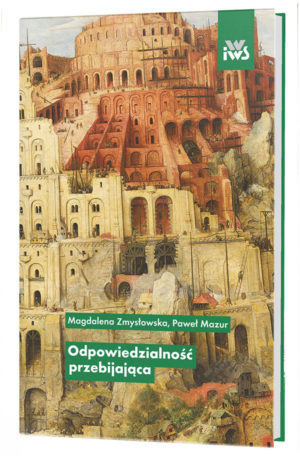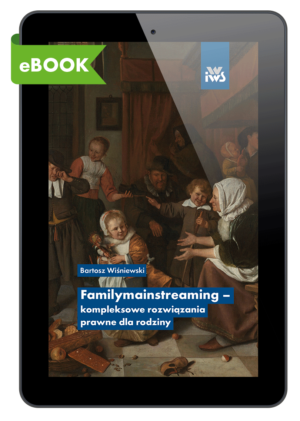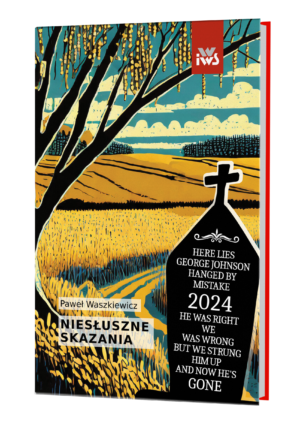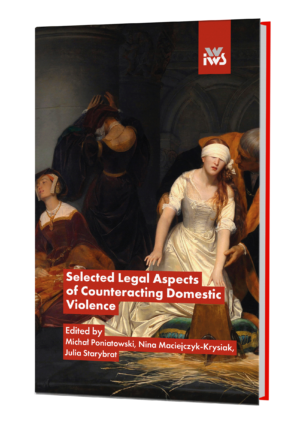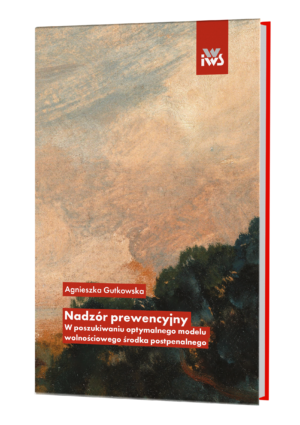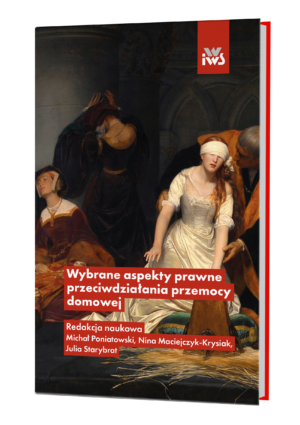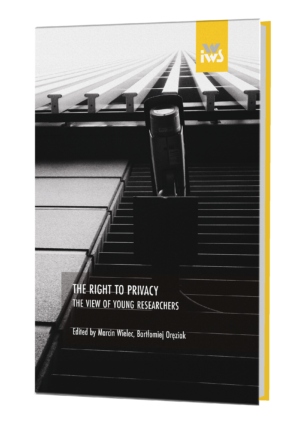The science of civil process has long been uneasy about the question what shape should civil proceedings take in order to allow cases to be dealt with quickly and yet ensure the conviction that the verdicts rendered are fair. Should the court limit itself to the statements of the parties and base its verdict on them, with the feeling of a job well done? Or rather, should judges be allowed, or even required, to use various means to find out the actual circumstances of the case even when the parties are unwilling to do so? Procedural law specialists used to call the first part of this alternative the principle of formal truth, and the second – the principle of material truth. The main research question that underlies this study is the meaning which the theory and practice of Roman civil process attached to learning the truth in court proceedings. To use contemporary terminology, the question can be reduced to asking whether the Roman civil process was based on the principle of formal (legal) material truth.
FROM THE INTRODUCTION




